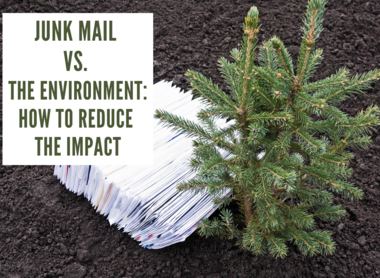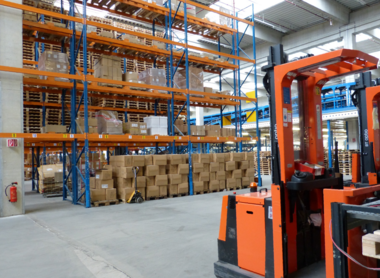How Small / Medium Business Survive the COVID-19 Crises?
With the Government warning that more than six million people could end up off work when COVID-19 peaks; BRITAIN’S army of small businesses are facing a “ticking time-bomb” with tens of thousands now at risk of going bust due to COVID-19. Millions of firms ranging from factories, shops, cafes, hotels, builders, delivery drivers and the self-employed face losing their income and lifeline due to virus-related sickness, cancelled bookings and reduced sales.
What do companies need to know to prepare for the worst? Here are some Actions Plan we called stage 1 developed by SR Mailing earlier this week, which we would like to share with you.

1: There will be a global shortage of stock that needs to be replenished
Action plan:
We have dispatched 3 containers from our factory in China as soon as port reopened on 12th February. These were our emergency stock that we produced before our factory closed for Chinese New Year. This enabled our stock to be replenished on time by mid-march.
We have arranged substantial overtime for all our employees in the factory in China and since the factory reopened on the 11th of February the production line has worked tirelessly sometimes up to 2 shift per day to meet the lead time.

2: Chinese importers will have a huge backlog of orders waiting for their UK customers.
Action plan:
We need to undertake a supply chain assessment so that the business has a clear understanding of the supply chain and where required, put contingency measures in place for key suppliers. Instead of working with only one factory, SR Mailing will work with more than 5 factories to clear the backlog and discover potential future partners.
3: Develop A Contingency Plan
Businesses must test home-working technology, review and prepare policies relating to remote working and sick pay;
Action plan:
— If schools are closed or trains cancelled, people will have to stay at home. We have set up a Microsoft Teams account for sharing project and WeChat accounts for video conferencing in place of working in the office if not be possible.
— Will you pay employees who are asked to self-isolate? They don’t technically qualify for sick pay and it obviously affects the bottom line, but the cost to your business (never mind society) of an infectious person showing up at work could easily prove to be much higher. SR Mailing have rewritten our employee handbook and added the first 3 days of isolation on our Sick Pay Policy to protect our employees.

4: How and what employers should communicate to our employees about corona virus is critical.
Action plan:
People listen to the tone, accuracy and relevance of employers’ advice, this this can make all the difference between your employees remaining calm and panicking. SR Mailing regularly communicates with all employees in our morning briefs, meetings and announcements.

Apart from washing hands and coughing on tissues, here are some other actions we can take daily:
- Checking the temperature of all staff when they arrive in the morning.
- Offering hand sanitizer for our employees.
- Spraying work desks, door handles and water taps

5: Slashing overheads
Look at all the costs of your business and reduce discretionary and non-essential expenses. Spending what is essential, in SR Mailing we consider training and developing to be essential, therefore there is no cut to training programs.
Fixed costs such as wages, rent, utilities, financing costs and tax liabilities are not affected by a decline in sales and need to be properly managed.
COVID-19 will probably reach every country sooner or later and some measures of disruption are inevitable when it does. There are ways in which businesses and other employers can prepare and react to ensure that they mitigate rather than feed the adverse effects on their own operations and on wider society.
Yes, together we can defeat this COVID-19 but we have to take action now or it will be too late.




































